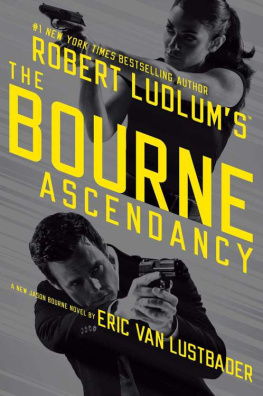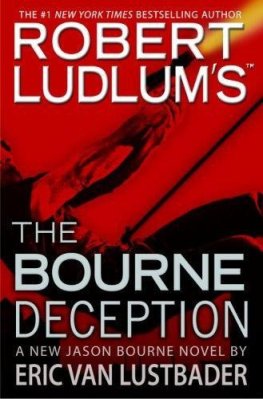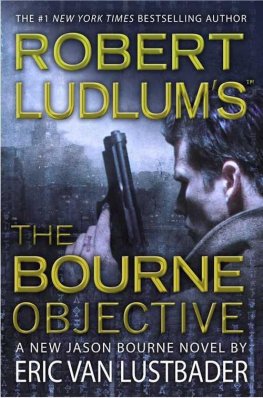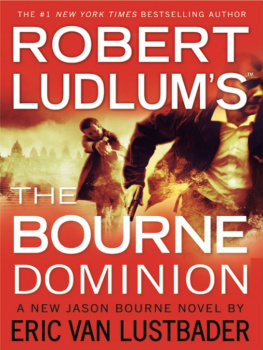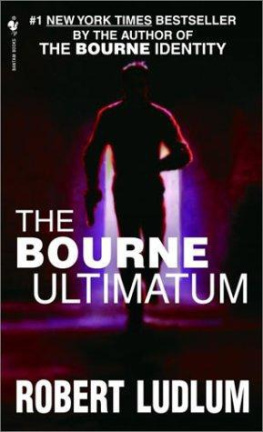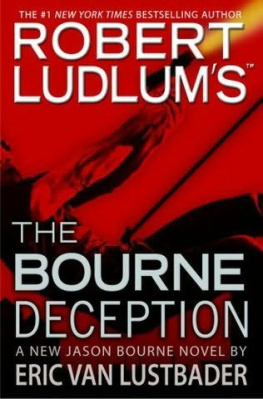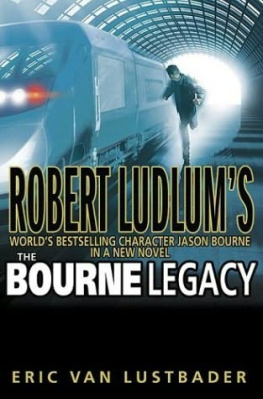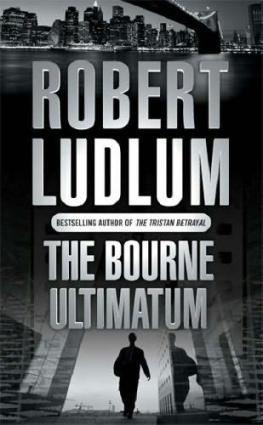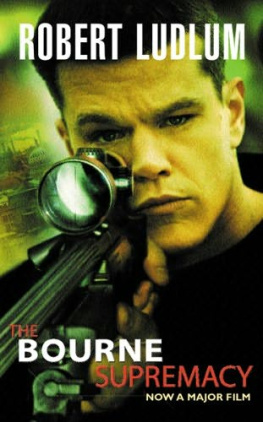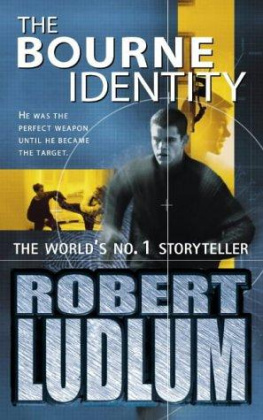In accordance with the U.S. Copyright Act of 1976, the scanning, uploading, and electronic sharing of any part of this book without the permission of the publisher constitute unlawful piracy and theft of the authors intellectual property. If you would like to use material from the book (other than for review purposes), prior written permission must be obtained by contacting the publisher at permissions@hbgusa.com. Thank you for your support of the authors rights.
For Victoria, as always
S even ministers entered the famed Al-Bourah Hotel in Doha. Seven ministers from Jordan, Syria, Qatar, Iraq, Lebanon, the United Arab Emirates, and Yemen, grim-faced, all carrying briefcases locked to their wrists by chains, each needing their personal thumbprint to open. They held themselves like kings, these ministers, and in some cases they were as powerful as the kings of past ages. They were accompanied by their bodyguardsmen grimmer still than their masters, as heavily muscled as they were armed, ready for any sudden noise or movement.
In the vast lobby, the entourage passed between two rows of gigantic marble pillars, then through the elaborate security screening process their respective countries had paid for, commanded by a dozen uniformed, battle-hardened mercenaries hired specially for this occasion.
The ministers and their bodyguards rode in a pair of elevators to the top floor, walked silently down a thickly carpeted hallway studded on either side with more mercenaries, and entered an enormous light-filled conference room.
They took their places around a polished rosewood table, thumbed open their hard-sided steel-and-titanium-reinforced briefcases, removed files red-stamped TOP SECRET . Their bodyguards uncapped iced bottles of water, sipped the water first, then poured it into glasses that had been hand-washed by trusted personnel. With military precision, the bodyguards stepped back to a spot just behind and to the right of their respective masters.
Besides the bottles of water, oversized cut-glass ashtrays had been set out in front of each chair. More than half the ministers shook out cigarettes and lit them. They inhaled deeply and gratefully.
Behind them, through bulletproof windows, Doha was already baking in the morning sun. Heat ignited ripples that rose up the glass-and-steel sides of the sleek modern buildings like smoke. Beyond the grand Corniche, the bay, for which it was said Doha had been named, sparkled like a latticework of diamonds in the raking sunlight.
The minister from Qatar, being the representative of the host nation, began to speak.
We are here today to answer the call of a catastrophic problem, he said. He was a small man, distinguished-looking in his robes of state. Over the past eighteen months, a series of deadly arms shipments have made their way into the African nations to the southcountries notable not only for their oil, but also for natural gas, diamonds, uranium, and rare earth elements.
The minister paused at this juncture to take a sip of water. As he did so, he took the opportunity to look around the room, regarding each face separately. Thinking of the nations not represented here, he continued, Egypt is in such continuing flux no coherent leader can as yet be recognized, let alone be counted upon to speak for the nation as a whole. As for Saudi and Iran, well, they are both the subjects of our discussion this morning. Nothing could be gained by inviting representatives from their countries. He cleared his throat. And the less said about Israel the better.
All Israelis are terrorists, the minister from Iraq said, distaste twisting his thick lips. Their so-called country was founded by terror and now they subjugate the Palestinians in ever smaller quarters through terror tactics well known to us all.
The minister from Qatar, staring at the Iraqi, was silent for a moment. Quite so, he said at last. Turning his gaze elsewhere, he went on: To date, our best people have been unable to trace the source of the shipments. What we do know is that they contain ever more modern, and therefore deadly, armaments. The endpoints of these shipments are leaders of various local insurgent groupsterror cells bent on death alone. Here he lifted an iPad from the dossier. He tapped its screen, and projected onto the opposite wall was a list of the enemies of the states, enumerating their kills, destruction of property, enslavement of children and young adults, and the success rate of their various indoctrination programs.
As you can see, the success rate is phenomenally high. He used a laser pointer to underscore his words. Extreme poverty, disenfranchisement, a promise of martyrdom as well as money for their families bring recruits at such a pace that the high death rate of these recruits becomes meaningless. He switched off the screen. Thus we see with our own eyes the truth of the Western criticism of radical Islam: It demeans life as it devalues it.
At this, the minister from the UAE rose. This cycle of radicalism must stop, he said. Unlike the minister from Qatar, he was a tall manmajestic evendark of eye and hair, with skin like ancient leather: cracked and worn, but still tough as nails. His fist pounded the table. While the terrorists proliferate, wreaking havoc in their wake, it is we who reap the whirlwind they have created. We wish an end to the purposeful violence, a violence that rebounds onto us. It is our people who are dying in consequence.
He sat, having said his piece. The minister from Qatar nodded, as did most of the ministers ranged around the table. The minister from Syria, who had been watching the proceedings with a particularly keen eye, noted the others reactions.
At a break in the meeting, he left the table and went down the hallway to the mens room. Ensuring it was empty, he wedged a piece of wood under the door to keep it from opening. Then he stared at himself in the mirror. He touched the bulbous prosthetic nose, removed the plastic inserts that puffed out his cheeks. He rearranged his beard, first applying a bit more spirit gum to several key spots.
Still, Jason Bourne scarcely recognized himself.
That was, of course, all to the good. If he didnt recognize himself, no one else was going to either. For many years, Bourne had been living off the funds he had provided for himself, lodged in a Zurich bank vault. Now that those funds finally had been used up, he needed a new way to make a living.
For the past year he had been hiring himself out to the highest bidder, impersonating ministers and businessmen who were scheduled to attend high-level diplomatic and business meetings in hot spots around the globe. Rather than risk assassination, these ministers hired him to take their place. In the jargon of the trade, he had become a Blacksmith. And what a Blacksmith! In the space of twelve months he had amassed almost as much money as he had originally stashed in Switzerland.
He took out a mobile phone with software that scrambled all his calls, both incoming and outgoing, and pressed a speed dial button. The moment Sara Yadin answered, he recited chapter and verse the information on the terrorist groups in Africa that had been projected onto the conference room wall.
More later, he said, cutting the connection.
He did not normally pass on the relevant product he gathered at these meetings to third parties. He did so this time because he loved Sara, an operative of Mossad. He did it also because of his ever-d eepening friendship with Saras father, Eli Yadin, Mossads director. He wanted to keep them safe; this was an expedient way.

